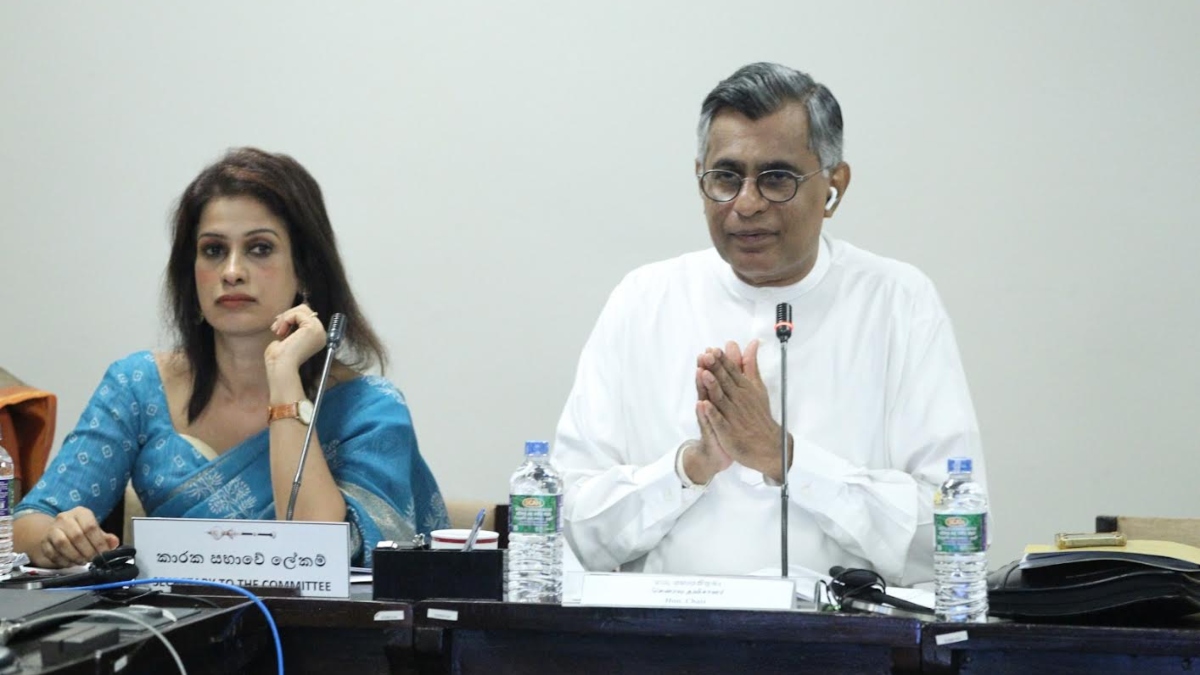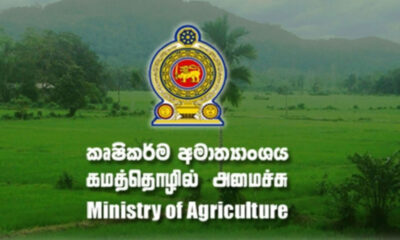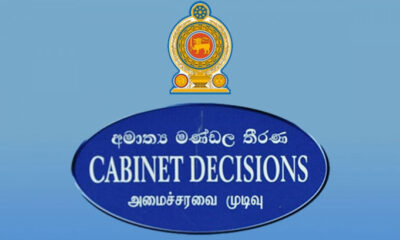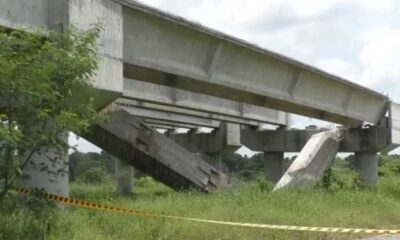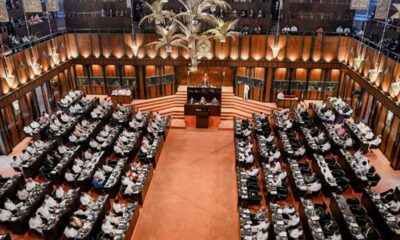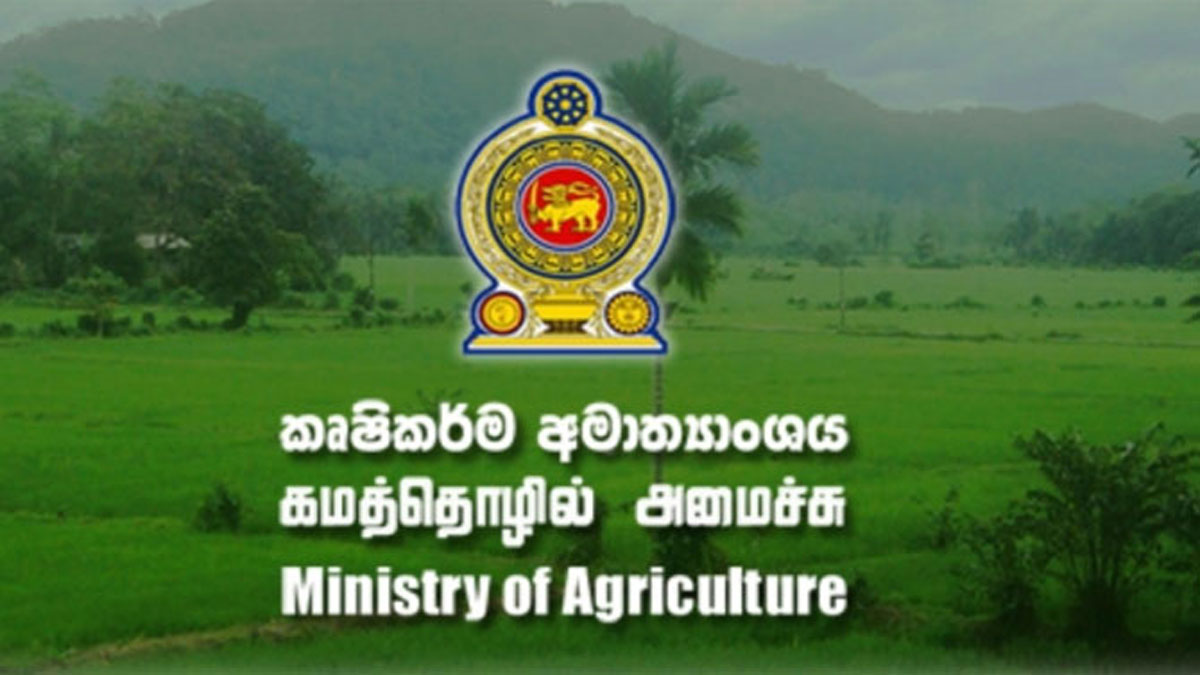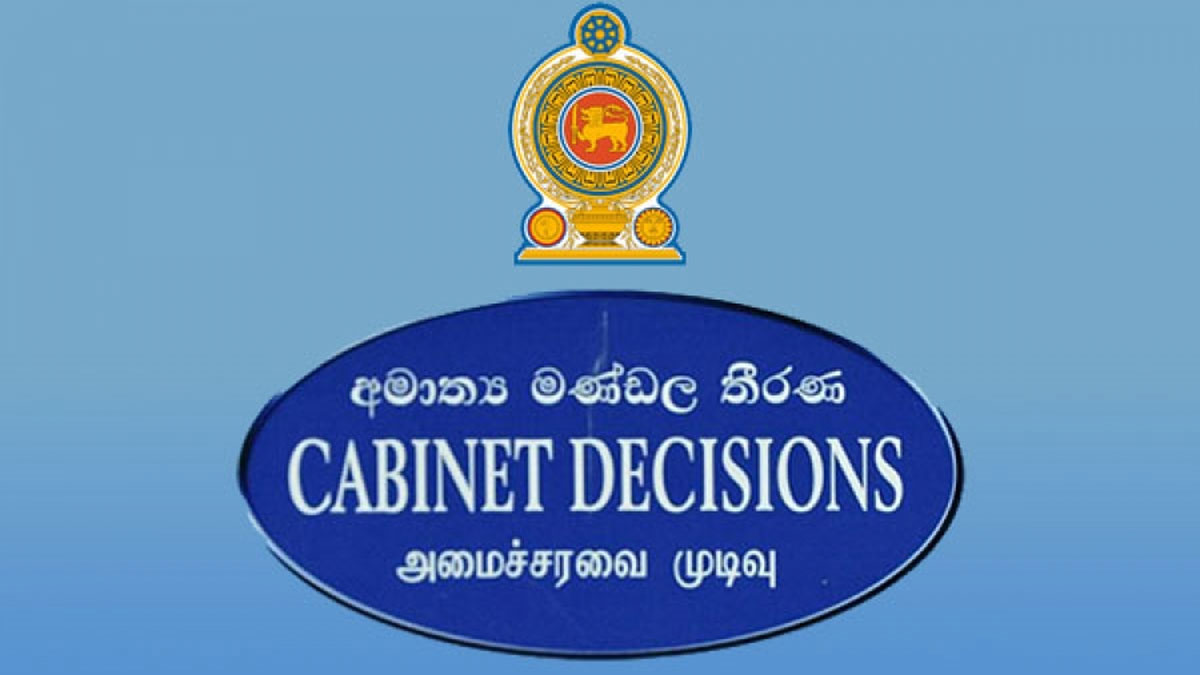About 12.3 million people out of Sri Lanka’s total population of 22.16 million are economically at risk, a report titled ‘Navigating Vulnerability: Insights from Sri Lanka’s Multidimensional Vulnerability Index’ issued by the United Nations Development Programme (UNDP) for 2022-23 has revealed.
This was discussed during a meeting of the Committee on Ways and Means held in Parliament yesterday (4).
According to the report, 6 out of every 10 people in Sri Lanka are at risk which is 55.7%. In rural areas this is as high as 82%. Puttalam District is the most vulnerable area with a percentage of 71.8%. The lowest 41.5% is reported from Matale District.
“In Sri Lanka, 55.7 percent of the population grapples with multidimensional vulnerability. Translating to over half of the population, that is a staggering 12.3 million individuals out of the 22.2 million population are deprived in at least three out of the twelve indicators that span the critical dimensions of education, health, disaster, and living standards.
“Almost half of our population (48.8 percent) are both vulnerable and lack disaster preparedness, making this another crucial concern. With climate risks escalating, this poses significant challenges.
“Both male and female years of schooling are key contributors to vulnerability: many households lack any male and/or any female who has completed Ordinary Levels (OL).
“A significant 35.6 percent of our population are vulnerable and lack water piped into their dwelling. This stark fact underscores the necessity to ensure equitable and widespread access to safe water,” the report said.
The Committee on Ways and Means met in Parliament under the chairmanship of MP Patali Champika Ranawaka yesterday.
The social welfare programme of the government and the social security network were discussed at the meeting and officials from a number of government institutions including the Department of Social Services, Social Security Board, Welfare Benefits Board, and the Ministry of Finance were present.
According to the UNDP report, the 2019 Easter Sunday attack, the 2020 Covid-19 pandemic, the economic crisis in April 2022, the budget deficit, the balance of payments crisis, and the debt obligations, the negative 7.8 GDP growth rate in 2022 have led to this situation.
The Committee Chairman said that the UNDP has indicated this risk situation under the three dimensions of education, health and disaster, and living standards. The Chairman pointed out that currently 6 out of 10 people in Sri Lanka are in the risk zone, and this may increase to 8 out of 10 people in a year.
Therefore, MP Ranawaka emphasized the need to prepare a formal and strong social safety net for the vulnerable people. The report has considered 12 factors including the students’ school attendance, health, water, food, the ability to face disasters, the ability to adapt, the quality of life, property, unemployment, lack of suitable work and indebtedness.
The MP asked the officials present about the progress of the survey conducted by the Welfare Benefit Board regarding the ‘Awaswasuma’ benefit programme.
The officials said that 3.7 million families have sent applications and the data have been collected from 3.5 million out of which 1.79 million have been selected as beneficiaries. More than 20 criteria including education, health and economic level have been considered in this process.
New method is even more unsuccessful than previous one!
The Committee Chairman pointed out that the survey has been unsuccessful as it has considered a large number of criteria.
In addition to this, incorrect criteria in the selection of beneficiaries, improper collection of data and information, complexity of the appeal process and inclusion of incorrect information due to faults in the mobile application were also revealed as issues in the process.
MP Ranawaka pointed out that the new method introduced to streamline the process for the selection of beneficiaries has failed more than the existing method.
He said the use of new officials instead of officers with experience in the field such as Grama Niladhari Officers, development officers and agrarian research officers was the primary reason for this failure.
MP Ranawaka pointed out that the experienced officers have not joined the survey due to professional issues, and that they could have been included in it after looking into their issues.

 Sports4 days ago
Sports4 days ago
 News2 days ago
News2 days ago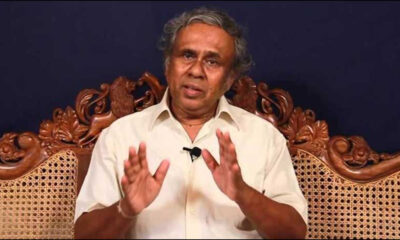
 News5 days ago
News5 days ago
 News4 days ago
News4 days ago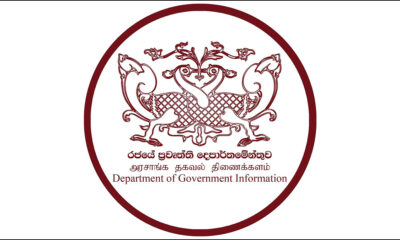
 News4 days ago
News4 days ago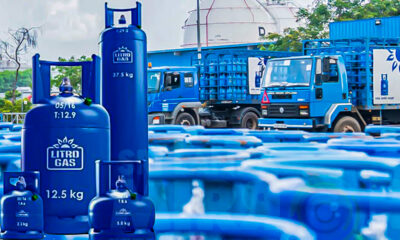
 BIZ4 days ago
BIZ4 days ago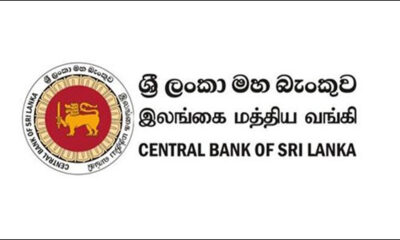
 BIZ4 days ago
BIZ4 days ago
 BIZ4 days ago
BIZ4 days ago

